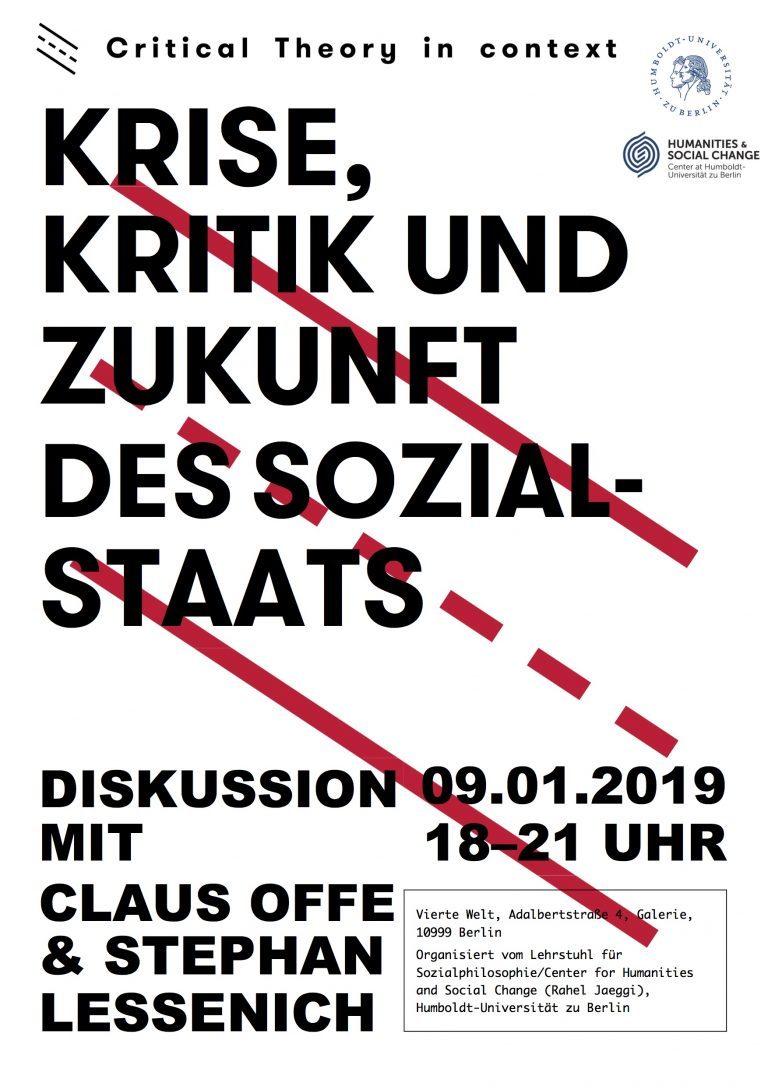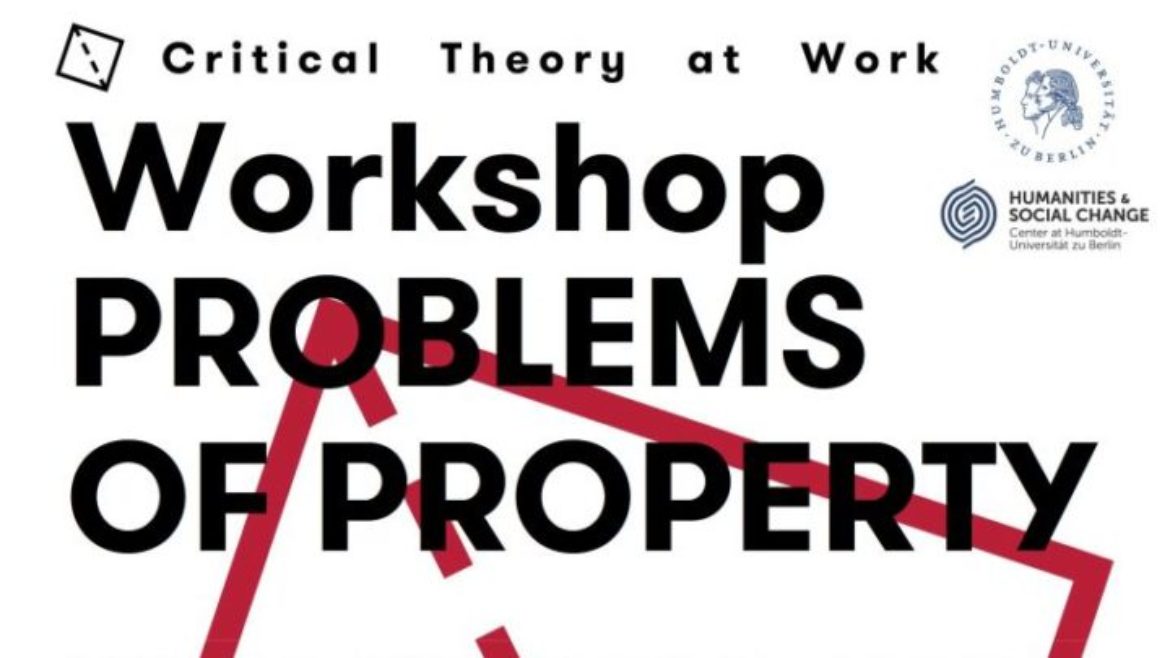Bertram Lomfeld

Visiting Fellow, Berlin Center
Email: bertram.lomfeld@fu-berlin.de
Bertram Lomfeld
Bertram Lomfeld is professor for private law and the foundations of law (philosophy, sociology, economics & anthropology) at Free University Berlin. His research focuses on the legal construction of basic insitutions of private law (like contract, property or the corporate form), their constitutive power for modern societies, their plural political justifications and possible future shapes. Bertram’s critical approach aims to analyze how legal institutions coin the social grammar of human development and to reveal the ethico-political battles behind legal regulation. Besides he works on the general structure and procedure of legal argumentation, the nature of (legal) judgements and legal emotions. His authored and edited books include “Die Gründe des Vertrages” [The Reasons of Contract] (Mohr Siebeck: 2015), “Reshaping Markets: Economic Governance, the Global Financial Crisis and Liberal Utopia” (CUP 2016) and “Die Fälle der Gesellschaft: Eine neue Praxis soziologischer Jurisprudenz” [The Cases of Society: A New Practice of Sociological Jurisprudence] (Mohr Siebeck: 2017). During his HSC fellowship 2018/19 he worked on his actual book project “The Grammar of Property” and published a paper on “(De-)Liberating Property: A Political Grammar of Property Law“.








